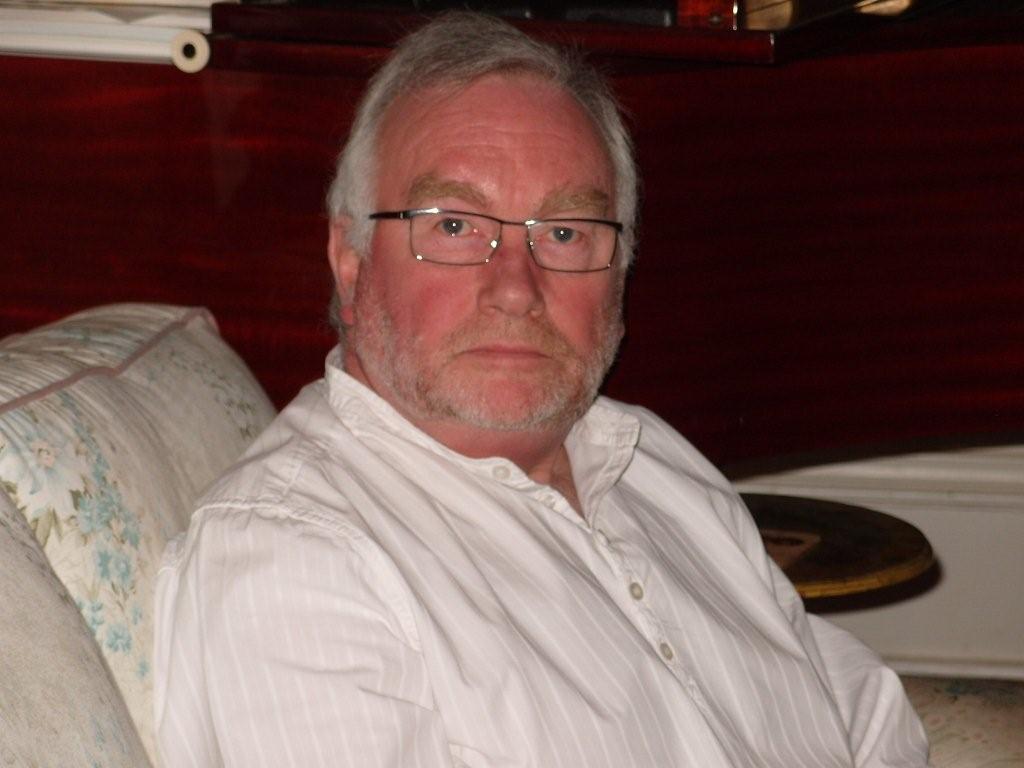How do you describe your job when you meet people at a party?
As a forensic engineer and scientist or expert witness. I tell people it’s usually interesting but not always. I tend not to go any further than that. I do not discuss cases that I’m working on unless they have been reported in the press. People probably do realize I’m holding back – whether they find that interesting or not I don’t know.
What is ‘cutting-edge’ about your work?
Establishing evidence and assisting justice. The science that’s cutting edge tends to involve thermodynamics, combustion, and fracture mechanics. We cover a diverse range of engineering disciplines. I’m a chartered mechanical engineer and a fellow of Energy Institute.
What are the biggest implications your work will/could have in the future?
The opportunity to prevent miscarriages of justice and influence the course of justice, the extent of which varies from case to case
Describe some of the highlights of your average day.
Discovering new evidence or being cross-examined in court
Describe briefly how your career has progressed to date.
I worked as an engineer in Northern Ireland, then Scotland and England, and have had a number of engineering appointments at a number of levels. I joined a firm of consulting engineers as a partner, and when it became a company I became the director. Cadogans is a small company of about 40, but it does work internationally. After a few years, I became Managing Director, and then Chairman. At one time I was the majority shareholder. On turning 60 I stepped down from the Board to become Principal Consultant to the company. I don’t work 5 days a week unless I have to…I try to keep it to about three or four. Age isn’t a disadvantage until you’re 70. I have another 10 years left to continue to practice, but not to the extent that I have done. I do civil litigation and arbitration involving big money vs. big money and one multinational suing another (power station, process plant that doesn’t work etc.) We also do criminal work. Although not representative, some examples of well-known cases I’ve worked on include: 1. The Cavendish Mill gas explosion (Manchester 2001) which involved a fatality in a block of flats after a gas leak. I prepared scientific evidence for the defense. 2. Dreamspace trial. In 2006, a large inflatable public art installation and walk-through sensory space in County Durham tore free from its moorings, flying into the air with 30 people inside, killing two women and injuring many. The designer, artist Maurice Agis, was charged with manslaughter. I took evidence from Health & Safety labs and prepared evidence for the defense, who were then able to ask very damaging questions of the prosecution and the jury couldn’t reach a verdict. I looked at things like the wind loading on the structure and the ropes. Part of the evidence I gave was meteorological – the fact that because the sun doesn’t heat the Earth evenly you get hot spots and air lifting up called thermals, which could have started the lift of the structure.3. A Shetland Islands accident involving a fatality due to an exploding aerosol where a young man was in a house being built and an aerosol containing foam use to fill cavities in buildings exploded and ruptured his heart. I gave scientific evidence for the inquiry and looked a number of scientific and engineering factors like the strength of the container, the pressure of compressed energy within it…etc.
How is your job cross-disciplinary?
At the practice we cover mechanical, electrical, civil and structural engineering, and metallurgy. If we want some chemical analyses done we employ an accredited lab or university. We used Professor Keith Miller a lot for fractured mechanics, a field which is changing rapidly. For that kind of thing we go to a university
How well is your job compensated? What is the starting salary for your field, and how much can this be expected to rise?
This question is difficult to answer; an experienced expert witness can charge about £200 per hour, but unless self employed you would not get all of that
How do you see your field developing over the next 5-10 years?
There will always be civil litigation, criminal proceedings and arbitrations; so, there will always be plenty to do. When I started doing this there were few computers around, that’s all changed now. Judges and solicitors and barristers are up to speed IT-wise. What the future holds I can’t be sure. The justice system is trying to reduce the number of disputes it handles, but they will always occur. The civil procedure rules which came in 1999 did change things, and there was a short hiatus/pause in civil litigation, but it’s come back again. Also there are arbitrations that take place day in and day out all over the world which confidential, so people aren’t aware they are happening. The International Resolution Centre in Fleet Street London is always busy. There will always be disputes, there will always criminal activity, and there will always be work. The competition in this field tends to be on a person’s suitability to win or mitigate damages rather than on fees/rates
What’s the most unexpected thing about your job?
The nature of some of the cases. Some times one starts off thinking that the problem is of a mechanical nature, but once you’re into the case you find it’s not. It could be corrosion for example, which is chemical. Some of the gas explosions that I’ve investigated have been very interesting to work out what’s happened. You’re working backwards from the damage that’s been done and the victim’s injuries. From that you work backwards and try to establish the cause
What’s the biggest achievement of your career so far?
To be appointed regularly on national and international cases. I’m well-known and established within my field

